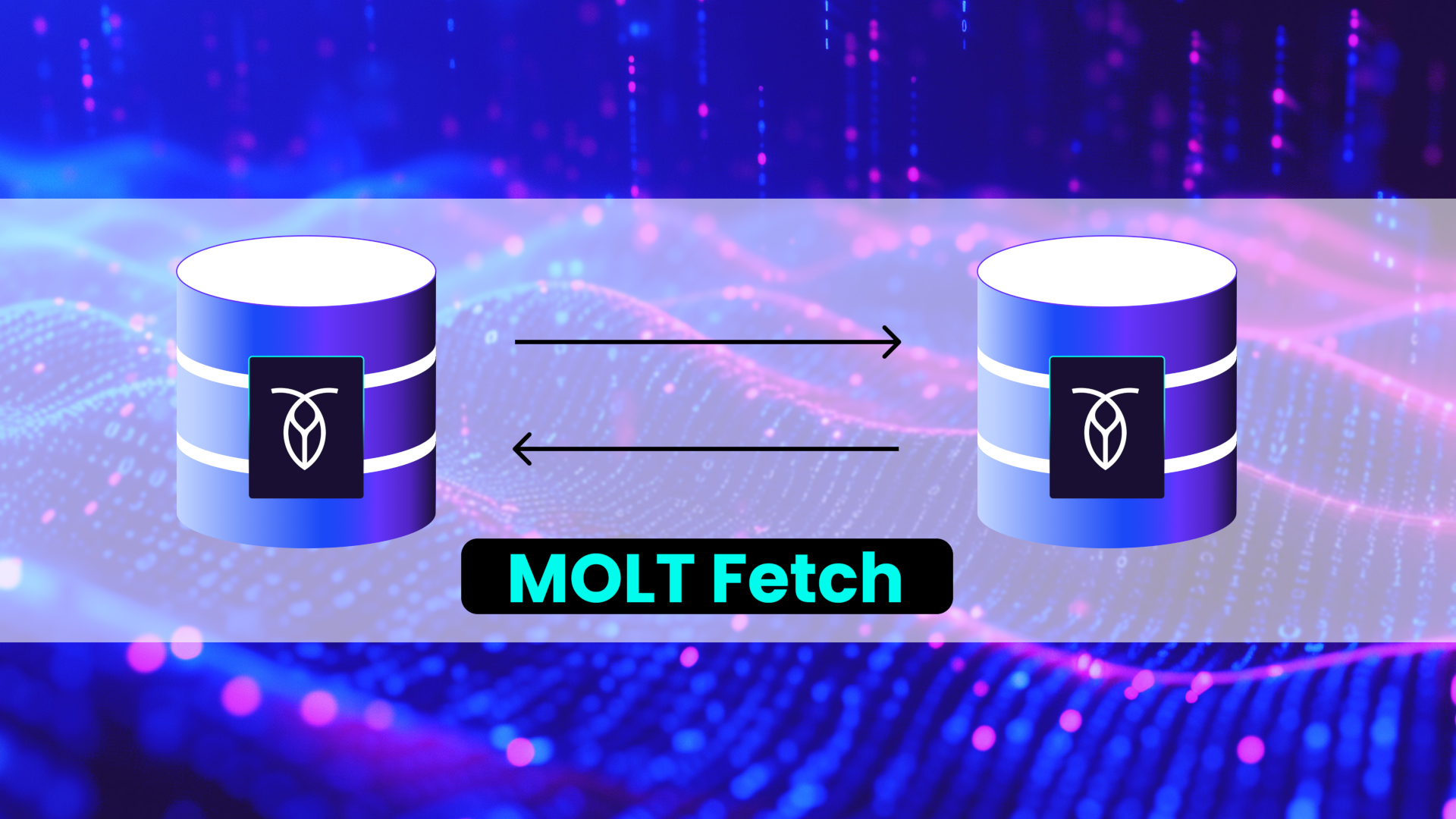We attend and sponsor a lot of opinionated cloud shows each year and AWS re:Invent, Google Cloud Next and Microsoft Ignite have become the centers of discussion for all things cloud. And while each of these shows provides great content and an incredible range of speakers, we noticed that there was a lack of an un-opinionated conversation about multi-cloud or hybrid deployments.
Within one of these events, the mention of the term ‘multi-cloud’ is contractually not allowed and sponsor materials are inspected and censored clean of any mentions of the word. And even when the word ‘multi-cloud’ is allowed, the conversation is still limited as it is within the context of the show host.
Meanwhile, nearly every industry pundit claims multi-cloud is the future. A multi- or hybrid-cloud architecture leads to better pricing leverage, greater innovation in the space, and more flexibility. As Corey Quinn, cloud economist at the consultancy The Duckbill Group puts it, “The typical multinational has a bunch of different divisions and each has its own cloud. Do you turn them off? Not unless you enjoy pain.”
This is where the idea for ESCAPE/19 was born. There is room for a new show. A show that is an open forum to hold a general conversation about all of the clouds and the unique challenges we face as we analyze and discover how we leverage all of them, especially in conjunction with existing on-premise solutions.
The multi-cloud challenge
Public cloud, private cloud, multi-cloud, hybrid cloud… they all have some similar challenges. We've seen people struggle to get their strategy “right” across many different vectors. While we naturally gravitate to think about this challenge as a technical problem, there is so much more.
Let’s start with the technical. Last week, the imitable
"Multi-cloud is like having a Pixel and an iPhone trying to use the same SIM card". Amen. We couldn't agree more. The cloud platforms are very different and your workloads will struggle to work everywhere. Sure, we can containerize and run a service on Kubernetes, which is great for portability but what about federation of clusters?And then, beyond compute, there are additional issues with everything that surrounds your applications. What about security, networking, and storage. How do you deploy, manage and monitor these things in disparate environments? What about the services around your application? What about the database service, your streaming engine, your enterprise search? Will they work the same on all platforms? How do you monitor them consistently?
How can you choose the right service on the right cloud provider for your application? Will the software you use on one cloud work on the next? Can you span multiple clouds? How will you ever migrate? Do you have the freedom to architect what you want despite the platform on which your apps and services run?
It’s more than a technical challenge
There’s also a people side of the challenge that complements the technical challenges. How do you hire and train the right people to become experts on all the competing services? For that matter, do you even have a handle on the inventory across your organization of what services you use and don't within the major cloud providers?
And what about budgets? Are you getting the best price for compute across all locations and regions in which you operate? Are you able to leverage relationships or pricing structures from one cloud provider against the next, while still maintaining technical alignment? What about privacy and the protection of data? There is an ever-increasing complex web of policy and regulation that requires organizations to get a handle on the data privacy and compliance. How do we actually control where data is stored?
ESCAPE/19
These technical and administrative concerns are what ESCAPE/19 is about. It is an open forum to have a conversation about ALL of these challenges outside the opinion of any single public cloud provider.
Over the last few weeks, our team along with our content partner, Slower, have already secured some great speakers and our end goal is to deliver the right mix of technology and business leaders across a broad agenda of multi-cloud topics, so we can all start to benefit from a better definition of what it means to be multi-cloud, across all its inherent challenges. Finally, we want to do this where no big cloud show lives: on the East coast.
If you’ve been thinking about or solving these problems yourself, we would LOVE to have you join us, either as a speaker or as an attendee. The call for proposals is still open and the early bird discount is still available until September 6!




